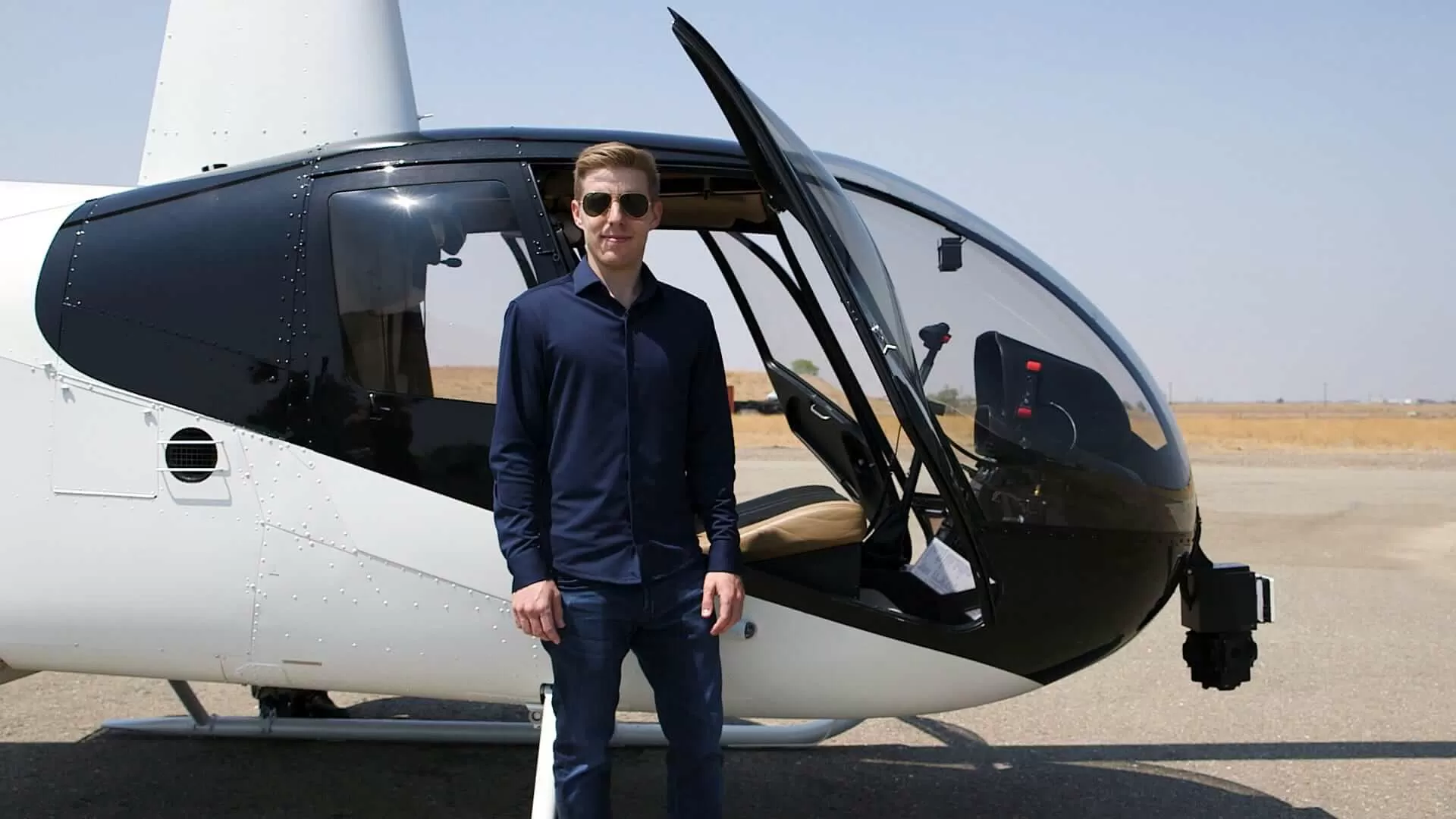Why it matters: Flying cars have long since been portrayed in works of science fiction as the preferred mode of personal transportation. In the near future, however, reality will intersect speculative fiction and we’ll finally get to see if the hype lives up to the expectation.

Autonomous helicopter startup Skyryse has thrown its name into the hat of companies interested in leading the charge with regard to the future of personal transportation.
On Tuesday, the startup shared a promotional video for its Luna autonomous helicopter platform. Unlike other companies interested in building autonomous flying cars or those powered solely by electricity, the system from Skyryse works with existing helicopters – in this instance, a modified Robinson R44.
According to the company, Luna is capable of managing flight dynamics more accurately and quickly than a human pilot.
While that may very well be true, the platform does have one major disadvantage compared to – say, an autonomous driving system for a car. If something goes wrong in a car, users can simply take over control because… well, most people know how to drive a car. If there is a mishap in a helicopter when you’re thousands of feet off the ground, things probably aren’t going to end well.
Not everyone believes flying cars / small helicopters / large drones will be as glamorous – or safe – as we’ve been led to believe. Elon Musk, who operates a tunnel construction company alongside running Tesla and SpaceX, highlighted the potential noise pollution and safety hazards that flying vehicles present during a public information session for The Boring Company in May 2018.
Masthead credit CNBC
https://www.techspot.com/news/83240-skyryse-envisions-subway-system-sky.html